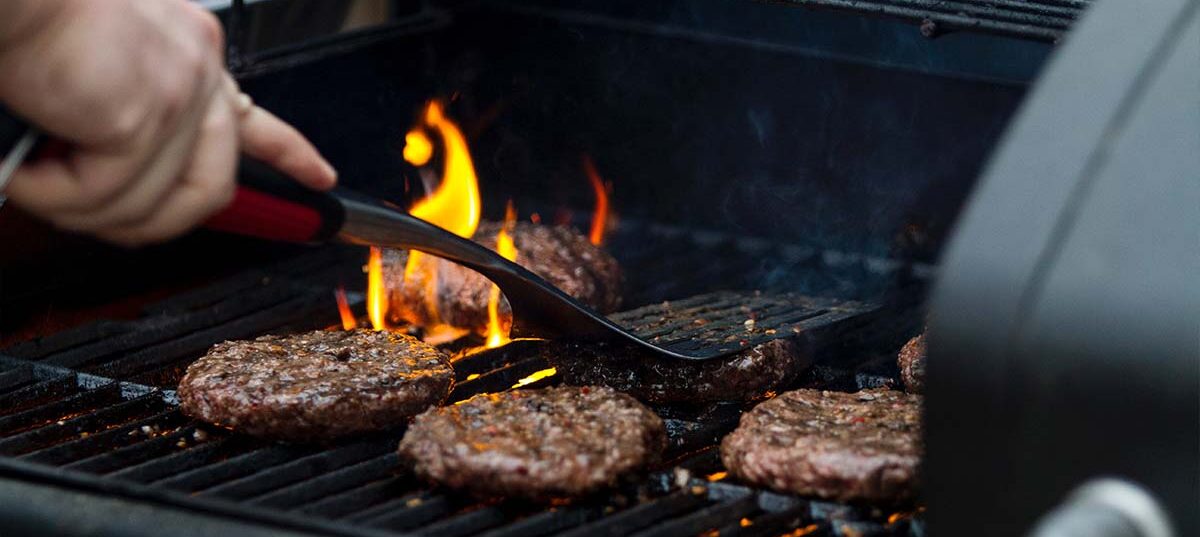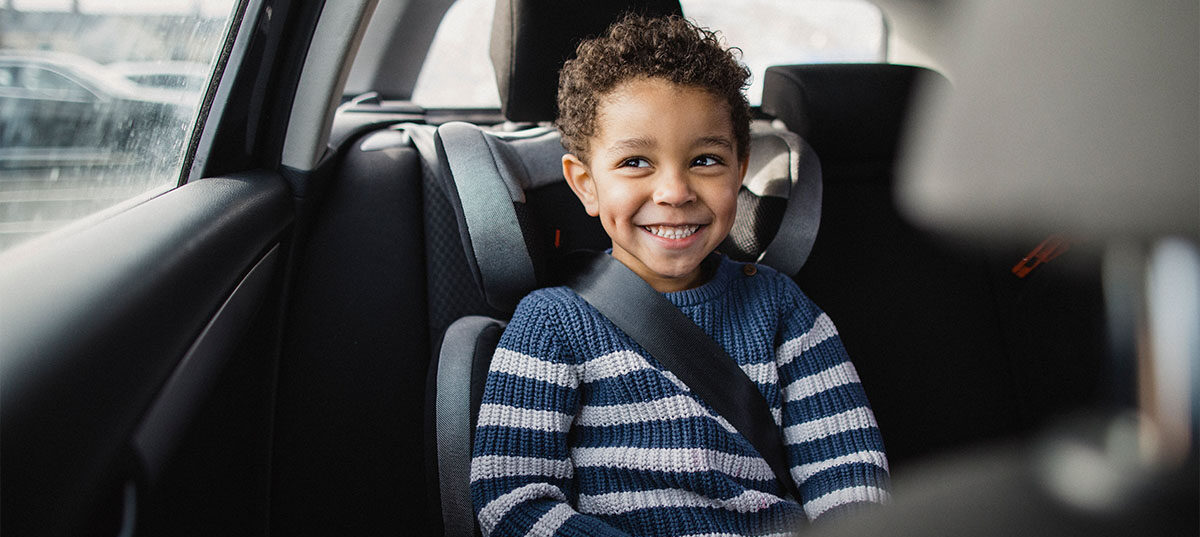As Canadians get into the swing of summer, backyard parties become the destination of choice and BBQs across the country are being fired up. You may have nothing but fun on the menu, but what happens if your BBQ goes up in flames and your event becomes memorable for the wrong reasons?
Battling the blaze
If it’s safe to do so, you can try closing the BBQ lid to cut off the oxygen supply to the fire or turning off the burner knobs. However, both of these actions may be dangerous if the fire is already beyond your control. In that scenario, exercise caution and call 911, or if you have a proper class or ABC fire extinguisher available, put out the fire from a safe distance.
Worried about your propane tank exploding?
There would have to be a significant buildup of pressure inside the tank as well as exposure to very high heat for it to explode. It’s less likely to happen than you think, but propane tanks should still never be stored indoors.
Lighting your propane BBQ
- Open the BBQ cover first, then open the gas valve on the propane tank before finally turning on one of the control knobs
- Press the igniter button (never more than twice)
- When you’re done grilling for the day, turn off the valve on the propane tank first, followed by the control knobs once the flames have extinguished
Safety with charcoal or wood BBQs
Purchase a dry chemical fire extinguisher and keep it nearby. Even if you’re able to safely put out the fire, it’s recommended you notify your local fire department.
Although they may seem extinguished, ashes can still spark another fire after several hours. Place them in a metal container and only dispose of them after 48 hours.
Even more safety tips for grilling season
- Fat and grease that accumulates in the BBQ can overheat and catch fire. Consult the manufacturer’s instructions for proper maintenance and removal of buildup.
- Keep the BBQ at least one metre away from your home, fence or structures such as a gazebo. Make sure you’re also not under an awning, roof or hanging tree.
- Never BBQ indoors—only outdoors where there is good air flow.
- Make sure the propane tank is securely attached to your BBQ and the rubber hose is not damaged. Leaks can occur when the rubber hose dries over time and begins to crack. To test the integrity of the hose, turn on the propane tank and spray the hose with soapy water. If any areas of the hose begin to bubble, it’s time to replace the hose!
It’s easy to let your guard down and relax when the weather’s great, the music is loud and the company’s good. But keep these safety tips in mind if anything other than your grilling skills becomes too hot to handle.


